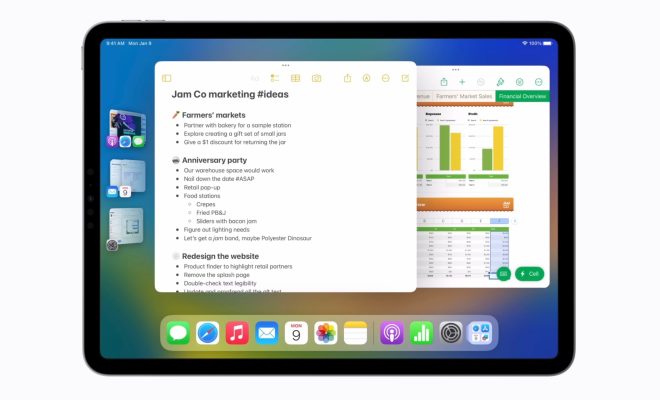What is the Digital Revolution?

The digital revolution refers to the technological changes that have transformed the way we live, work and communicate. These changes are driven by the rapid and ongoing development of digital technology, which has revolutionized the way we access and process information.
The digital revolution has been characterized by a shift from analog to digital technology. This transformation has taken place across a range of industries, including telecommunications, finance, media, and entertainment.
One of the most significant impacts of the digital revolution has been the proliferation of connected devices, such as smartphones and tablets. These devices have enabled people to access an unprecedented amount of information and services instantaneously, from anywhere in the world.
Another important aspect of the digital revolution is the rise of social media. Platforms such as Facebook, Twitter, Instagram, and LinkedIn have transformed the way we connect with others, share information, and engage with the world around us.
The digital revolution has also transformed the way we work. Digital technologies have enabled us to collaborate with colleagues and clients from anywhere in the world, breaking down geographical barriers and making it easier for businesses to expand globally.
However, the digital revolution has also brought with it new challenges, such as cybersecurity threats and concerns about the impact of technology on our mental and physical health. As a result, there is a growing need for ethical and responsible use of digital technologies.






